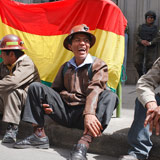
Democratic Socialism From the Ground Up
Populism is extremely limited if it is not coupled with highly organized grassroots movements with the ability to shape politics from the ground up.


Populism is extremely limited if it is not coupled with highly organized grassroots movements with the ability to shape politics from the ground up.
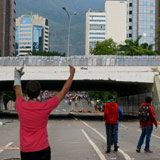
Targeted use of revenue from commodities can be an immediate and necessary salve against brutal levels of poverty and inequality, but Chavismo’s “extractivist” model has left Venezuela as vulnerable as ever to the whims of the international market.
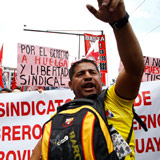
The central protagonists of Latin America’s profound shift away from the neoliberal policies of the 1980s and ‘90s were not strong leaders but social movements.
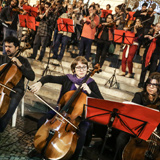
If there is any positive aspect to Brazil’s current crisis, it is the reemergence of non-partisan, civil-society mobilization in response to impeachment and its fallout.
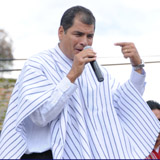
Democratic socialism cannot emerge exclusively, or even primarily, from the grassroots—it implies the structuring of social resources in ways that require government action.
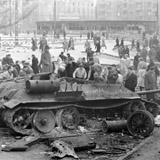
Struggles for democratization are always local struggles: the first thing their protagonists want is a state governed by the people who live in it. We must relearn how to support them.
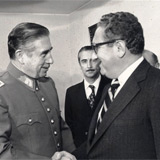
Donald Trump’s statements about migration and foreigners should not be dismissed as an anomaly of primary season politicking. From a historical perspective, they express broadly shared although largely implicit ideas about the relationship between the United States and Latin America.
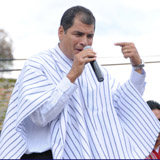
Significant change to our political economy will require significant change to our structure of government. It is hard to see how to get there without some kind of “populist” moment, fraught with danger to other values we believe to be essential.

Politicians like Lula and Rousseff should neither be above the law nor prosecuted outside it. As Brazil weathers corruption scandals and a democratic crisis, history reminds us that ignoring due process carries grave dangers.
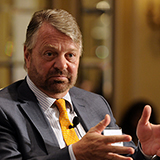
Can the Latin American left really be divided into a moderate, social democratic “right left” and an authoritarian, populist “wrong” one?

Education is a human right. Anyone willing and able should be able to attend an institution of higher education irrespective of their ability to pay for it.
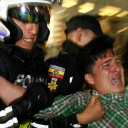
In Ecuador, to oppose resource extraction is to be an enemy of the state.
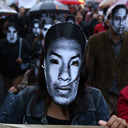
Why, after nearly a decade of drug war violence, police incompetence, judicial impunity, and official corruption, have Mexicans suddenly taken to the streets to demand political change? And can Peña Nieto’s proposed reforms do anything to stem this wave of unrest?
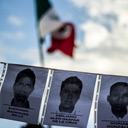
This summer, Mexico’s four major cartels signed a pact of alliance. Is this a sign that they’re weakening—or are we entering a new era of state–cartel cooperation?
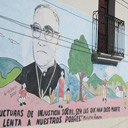
Under Pope Francis, the Vatican has shown sympathy for a radical Catholic tradition. But Francis sidesteps liberation theology’s most revolutionary ideas.